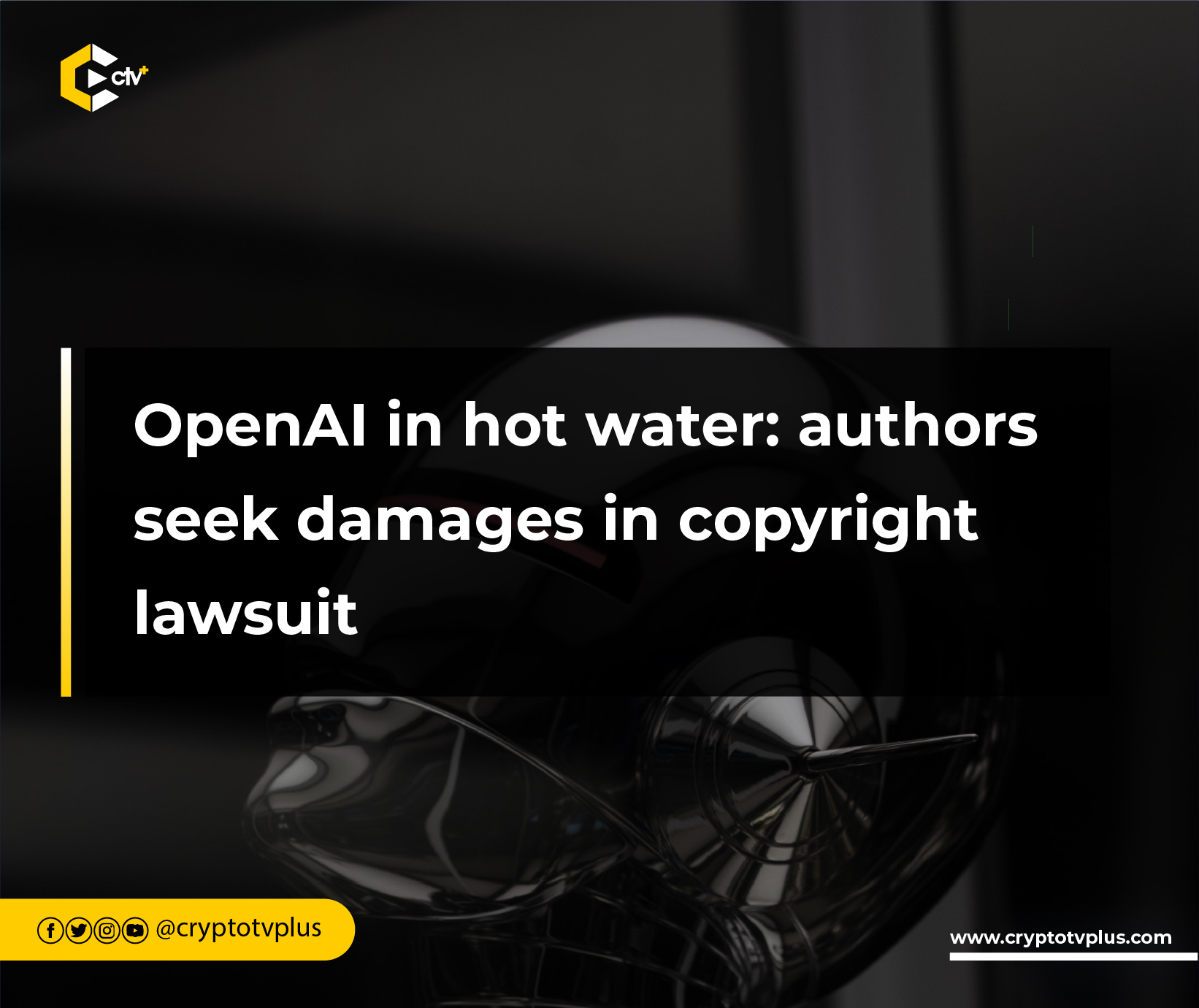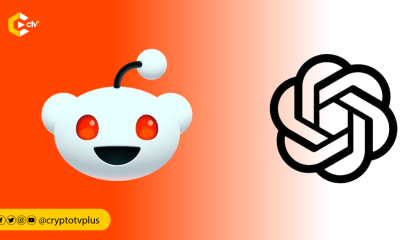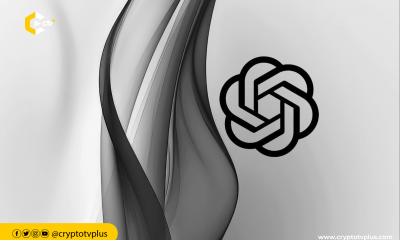News
OpenAI in hot water: authors seek damages in copyright lawsuit

The Author’s Guild has filed a lawsuit against AI company, OpenAI for “systemic theft” — involving the illegal use of their copyrighted works.
A total of seventeen well-known authors, including literary giants like George R.R. Martin, John Grisham, and Elin Hilderbrand, are seeking justice against the AI company.
OpenAI is an American artificial intelligence (AI) research laboratory consisting of the non-profit OpenAI, Inc. and its for-profit subsidiary corporation OpenAI Limited Partnership. It was founded in 2015 by Sam Altman, Elon Musk, and others.
The company, which is also behind ChatGPT, also conducts AI research with the declared intention of promoting and developing friendly AI. It attracted $1 billion and $10 billion in investment in 2019 and 2023 respectively.
The suit, filed in federal court in New York, accuses OpenAI of “flagrant and harmful infringements of plaintiffs’ registered copyrights” and characterizes ChatGPT as a “massive commercial enterprise” built upon “systematic theft on a mass scale.”
Users prompt with over 100 million users
Since the launch of ChatGPT over 100 million users have used the application around the world while the website has generated more than 1.6 billion visits as of June 2023.
One of the most notable activities ChatGPT is used for is to create write-ups from prompts given by users.
Because the AI tool has been trained with data and content from the internet, the results of the prompts are a combination of content that already exists online.
In March, OpenAI introduced an upgrade that allowed ChatGPT to access the extensive resources of the internet through a plugin.
Following this development, some news media outlets have implemented updates to prevent tools like ChatGPT from potentially misusing copyrighted material.
ChatGPT and Game of Thrones
The CEO of Authors Guild, Mary Rasenberger said that the importance of protecting literary culture must be upheld.
“Great books are generally written by those who spend their careers and, indeed, their lives, learning and perfecting their crafts.
To preserve our literature, authors must have the ability to control if and how their works are used by generative AI.”
The lawsuit cites specific instances where ChatGPT generated content allegedly infringing on authors’ works.
For example, it claims that the program created an unauthorized outline for a narrative work to George R.R. Martin’s “A Game of Thrones” titled “A Dawn of Direwolves,” using characters from Martin’s existing series.
OpenAI to address the concerns
In response to the lawsuit, OpenAI stated that it respects the rights of writers and authors and aims to collaborate with creators to address their concerns about AI technology.
The same concerns that affect the authors have also been raised for musicians as well.
In an attempt to tackle this, YouTube, last month, released its first AI collaboration principles to protect the rights of creators on its platform.
It has become clear that while the use of AI promises several benefits, there is a need to provide guidelines and regulations that protect owners of literary works and other forms of creative assets.
Read also; White House gains support from Adobe & more for responsible AI initiatives
























